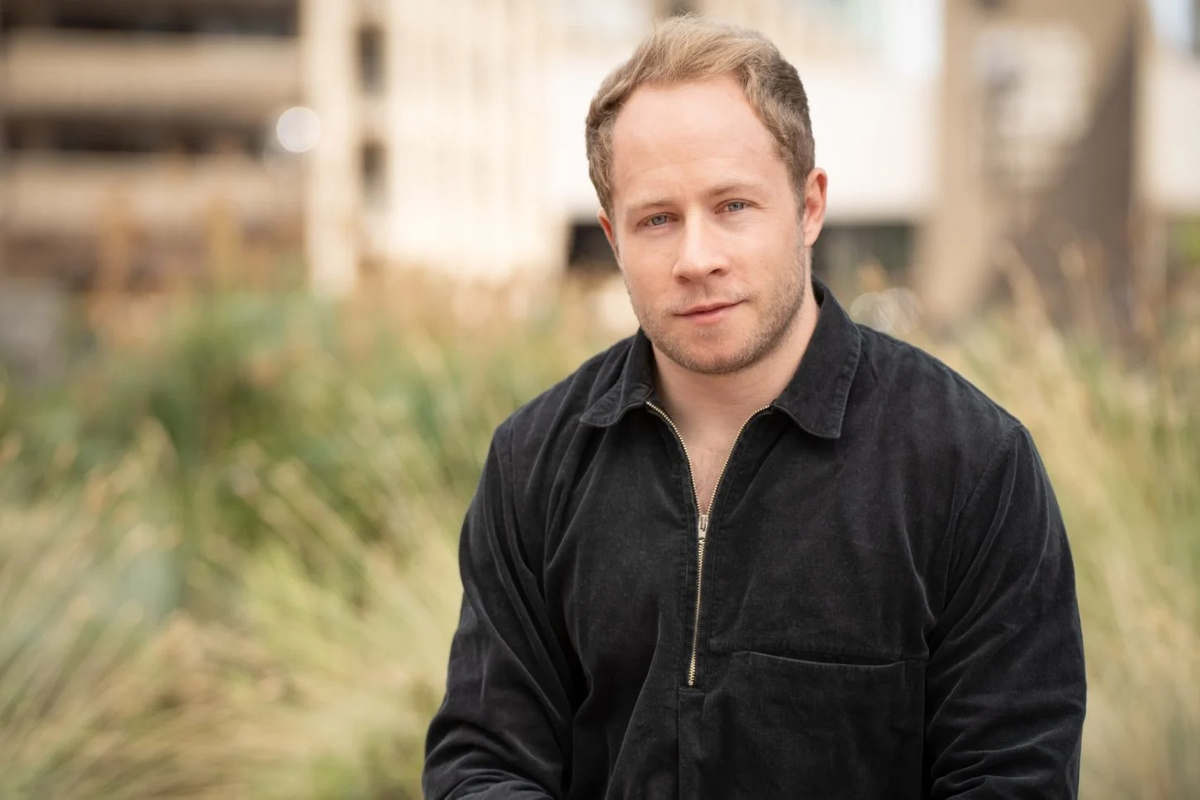Science
Cleo Founder Discusses Unicorn Status and UK’s Regulatory Challenges

Entrepreneur Barney Hussey-Yeo recently reflected on the journey of his financial technology company, Cleo, which achieved unicorn status in 2025 with a valuation exceeding $1 billion. His success story began nine years ago when Matt Clifford encouraged him to abandon his PhD in favor of launching a start-up. “You may as well just take the risk; the biggest risk is not taking the risk,” Clifford advised Hussey-Yeo, a lesson that has clearly paid off as Cleo continues to thrive.
The fintech company’s remarkable growth is evident in its recent revenue figures, which surpassed £100 million in the last financial year, marking an impressive annual increase of 106 percent. Cleo leverages artificial intelligence to provide financial assistance targeted primarily at younger users, helping them navigate personal finance challenges.
Hussey-Yeo described the transition from academia to entrepreneurship as “wild,” yet he has no regrets. Reflecting on his earlier career path, he noted, “In that five-year period, I’d have been earning £30,000 a year, working part-time, doing the PhD… Cleo became worth half a billion and was meaningfully liquid.”
As Cleo plans to re-enter the UK market after exiting in early 2022 to focus on American users, Hussey-Yeo has voiced concerns about the regulatory landscape in the UK. He recently met with an investment banker where he expressed a critical view of London’s financial markets, claiming that Wall Street “mocks” the City of London.
Betting on AI and Market Challenges
Hussey-Yeo attributes much of Cleo’s success to his background as a data scientist, which fostered an early obsession with problem-solving. He was among the first to bet on AI technology, referring to it as machine learning or chatbots at the time. “It was almost a little bit too early. You didn’t have the transformers,” he explained, reflecting on the skepticism he faced from investors who viewed his ideas as impractical.
The current climate of venture capital funding is markedly different, with many investors now eager to embrace AI. “All these venture capitals now who are like AI, AI, AI, thinking they invented it—I can literally name all of these people who were completely sceptics,” Hussey-Yeo said.
Despite the growth potential, Hussey-Yeo remains cautious about Cleo’s return to the UK market, citing regulatory issues as a primary concern. “Regulation was one of the major reasons that I left the UK and made the US the dominant market,” he stated, emphasizing the challenges posed by the regulatory environment. He acknowledged the efforts of Rachel Reeves, the UK’s Chancellor, in pushing for regulatory reform but insisted that more substantial discussions about risk tolerance need to occur.
“Regulators are stuck between a rock and a hard place,” he noted, indicating that while Reeves is advocating for change, there has yet to be a clear conversation about the government’s approach to risk.
Future Fundraising and Potential Reforms
Looking ahead, Hussey-Yeo is preparing for another round of fundraising, which is expected to take place in January. This upcoming Series D funding round could further elevate Cleo’s valuation, which has seen significant growth in recent years. “It just got easier and easier for us along the way,” he remarked, noting the improved interaction customers have with their AI agents.
While Hussey-Yeo acknowledges that Cleo’s success could benefit the City market, he warns that fundamental reforms are necessary to entice companies to list in the UK. “You would need some really fundamental reforms to get people to list here,” he stated, underscoring the systemic issues affecting the London Stock Exchange.
One bold proposal he has suggested is a merger between the London Stock Exchange and a major US index. “Trusted nations trust each other and want to be partners, so then the regulators should trust each other as well,” he explained, advocating for a collaborative approach to cross-border operations.
Hussey-Yeo’s perspective highlights a growing concern about the UK becoming overly risk-averse, resulting in an “incubator economy” that fosters start-ups only to see them exit to more favorable environments, such as the US. He cited the recent move of Wise, which transferred its primary listing to the US, as indicative of this trend.
As the fintech landscape evolves, Hussey-Yeo’s insights serve as a call to action for regulators and industry leaders alike, emphasizing the need for a balanced approach that encourages innovation while addressing regulatory challenges.
-

 Health3 months ago
Health3 months agoNeurologist Warns Excessive Use of Supplements Can Harm Brain
-

 Health3 months ago
Health3 months agoFiona Phillips’ Husband Shares Heartfelt Update on Her Alzheimer’s Journey
-

 Science1 month ago
Science1 month agoBrian Cox Addresses Claims of Alien Probe in 3I/ATLAS Discovery
-

 Science1 month ago
Science1 month agoNASA Investigates Unusual Comet 3I/ATLAS; New Findings Emerge
-

 Science4 weeks ago
Science4 weeks agoScientists Examine 3I/ATLAS: Alien Artifact or Cosmic Oddity?
-

 Entertainment4 months ago
Entertainment4 months agoKerry Katona Discusses Future Baby Plans and Brian McFadden’s Wedding
-

 Science4 weeks ago
Science4 weeks agoNASA Investigates Speedy Object 3I/ATLAS, Sparking Speculation
-

 Entertainment4 months ago
Entertainment4 months agoEmmerdale Faces Tension as Dylan and April’s Lives Hang in the Balance
-

 World3 months ago
World3 months agoCole Palmer’s Cryptic Message to Kobbie Mainoo Following Loan Talks
-

 Science4 weeks ago
Science4 weeks agoNASA Scientists Explore Origins of 3I/ATLAS, a Fast-Moving Visitor
-

 Entertainment4 months ago
Entertainment4 months agoLove Island Star Toni Laite’s Mother Expresses Disappointment Over Coupling Decision
-

 Entertainment3 months ago
Entertainment3 months agoMajor Cast Changes at Coronation Street: Exits and Returns in 2025









